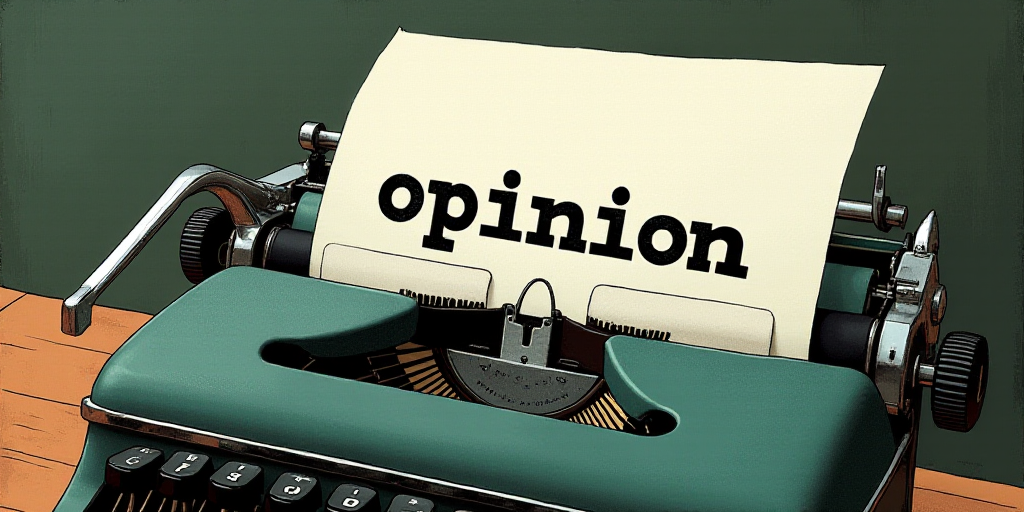Introduction
Small and medium-sized enterprises (SMEs) contribute to more than 50% of the country’s GDP and over 70% of formal employment. Despite not having direct influence, these businesses are affected by major national issues.
40-Hour Workweek and Impact on SMEs
Implementing a 40-hour workweek will significantly impact SMEs, as it sets a limit without considering labor circumstances and business requirements specific to this sector. This change will also affect larger companies, as it doesn’t account for productivity indices and the potential consequences of such reform.
While other countries have successfully implemented similar changes, there is no mention of the productivity advancements and fiscal support mechanisms that enabled those countries to do so.
Minimum Wage Increase and Economic Factors
Another topic under debate is the minimum wage increase, but it fails to acknowledge that this indicator cannot be set by decree. It depends on various economic factors, including the current international context, which is influenced by the trade dispute initiated by the neighboring country to the north.
Despite unfavorable economic growth projections from international organizations, proposing a minimum wage increase without considering its impact on SMEs that use this reference for payment is inconceivable.
Judicial Election Process and Lack of Standards
Society, including SMEs, is invited to participate in an unprecedented electoral process for selecting those who will judge and resolve disputes at the federal and state levels. However, this process lacks basic international standards to ensure candidates are adequately prepared for their roles.
In some cases, there is no requirement for work experience, professional knowledge evaluation, or socio-economic studies, which are crucial for ensuring candidates’ qualifications for the positions they seek.
Key Questions and Answers
- Who is involved in researching candidates for ministers, magistrates, and federal/local judges? There is no clear information on who is conducting this research in the country.
- Who will oversee the election process to ensure its integrity? There will be no representatives from candidates to monitor the voting, counting, and overall election process.
- Who will genuinely choose these public servants responsible for resolving disputes faced by SMEs? The lack of transparency in the electoral process raises concerns about who will truly select these public officials.
Credibility and Transparency Concerns
The credibility, objectivity, and impartiality of the electoral process have been questioned, from selection committees to the controversial “lottery” system, which seems to prioritize luck over candidate qualifications.
The electoral campaigns of participants are also under scrutiny, as voters have limited information about candidates’ profiles, backgrounds, works, and proposals due to insufficient disclosure.






